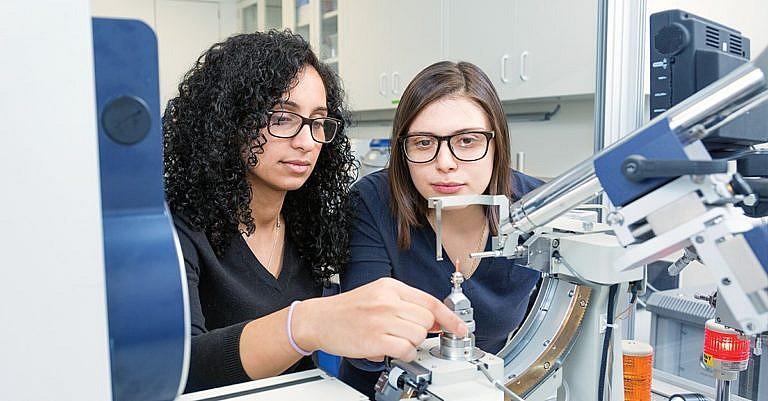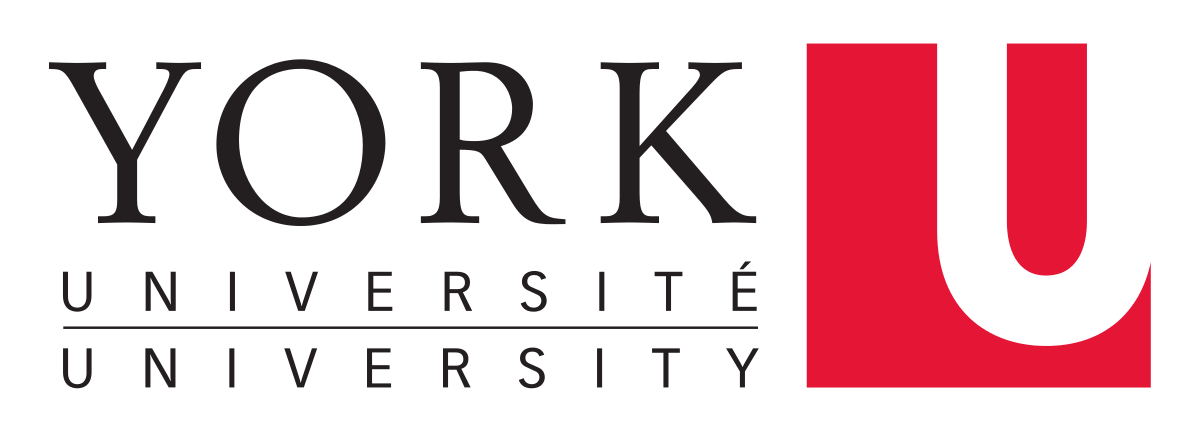Meet the York University changemakers
Three members of York University’s community making a positive difference in the world

Share
An app that simulates mass vaccinations; a database that contains 12,000 lakes; and a prize-winning multimedia presentation on income security: what do they have in common? Along with being fascinating projects, they’re all the work of members of York University’s community, doing their part to make a positive change in the world. Maybe even more importantly, all of these exciting endeavours are the fruit of close collaboration, whether that’s inter-departmental, inter-disciplinary or even international. Their focus may be varied, but all of these York teams are channeling the power to make things better—together. Let’s meet the changemakers.
The team who created an app to help plan for mass vaccinations:
Last year, back when the rest of the world was waiting with bated breath for news of a viable vaccine, a team of York researchers were already thinking several steps ahead of that, to a time when public health departments will want to administer those vaccinations as efficiently and safely as possible. Without proper planning, vaccinating at scale—like with a drive-thru site—could descend into traffic chaos. Co-led by Ali Asgary, associate director of York’s Advanced Disaster, Emergency and Rapid Response Simulation, and the Faculty of Science’s Professor Jianhong Wu, this interdisciplinary team were determined to bring their knowledge of machine learning, mathematical modelling and artificial intelligence to creating a solution for public health departments. And so their drive-through simulation app was born, an online tool that allows public health agencies to play out potential scenarios at their mass vaccination site—plugging in the number of staff, service lanes, the time they think it will take to get people registered and vaccinated—then, model what that could look like in real life. The insights gained may be invaluable as public health officials tackle this enormous logistical challenge. And they’re not just stopping with drive-through vaccination sites. The team is currently at work on similar solutions for other mass vaccination settings, like in-person clinics.
The lab crew who mapped the water quality of over 10,000 lakes:
The sheer scale of it is staggering: 72 countries, 3,322 studies, and nearly 12,000 bodies of water are accounted for in a vitally important new database, created by a team of graduate and undergraduate students at York. Cataloguing the water quality of lakes from Antarctica to Ontario, this database is a publicly available tool for scientists around the world, looking to monitor and manage one of Earth’s most essential resources. Led by Faculty of Science Postdoctoral Fellow Alessandro Filazzola and master’s student Octavia Mahdiyan, the researchers reviewed thousands of studies to compile data on chlorophyll levels in lakes across the world, using its presence in a body of water as a gauge for its health. (Too much and too little are both indicators that things like pollution and global warming are negatively impacting the lake.) Having access to this data, particularly for lakes where it hasn’t been readily available before, will help to track any changes occurring in these bodies of water, and help inform any strategies for making sure they’re a protected resource for generations to come.
The undergrads who collaborated across the globe to improve social policy:
It used to be that you had to go on exchange to learn with (and from) students from other countries. Not so anymore, thanks to the communication-enabling power video conferencing software, as demonstrated by a prize-winning collaboration between a group of York undergraduates and their counterparts at Chung-Ang University in Seoul, South Korea. In a partnership facilitated by their professors, Thomas Klassen and Professor Sophia Lee, students in York’s Canada Social Policy course worked across time zones to create multimedia presentations on a range of topics—maternity leave, health care, student financial aid among others—looking at the different social policy solutions taken by both Canada and South Korea. The result? Informative explorations of some of our day’s most pressing social issues, with the top groups winning gift certificates for their efforts. The lesson in cross-cultural collaboration and the new friends they made along the way, though? Priceless.
For more information about York University, please visit yorku.ca/rightthefuture
